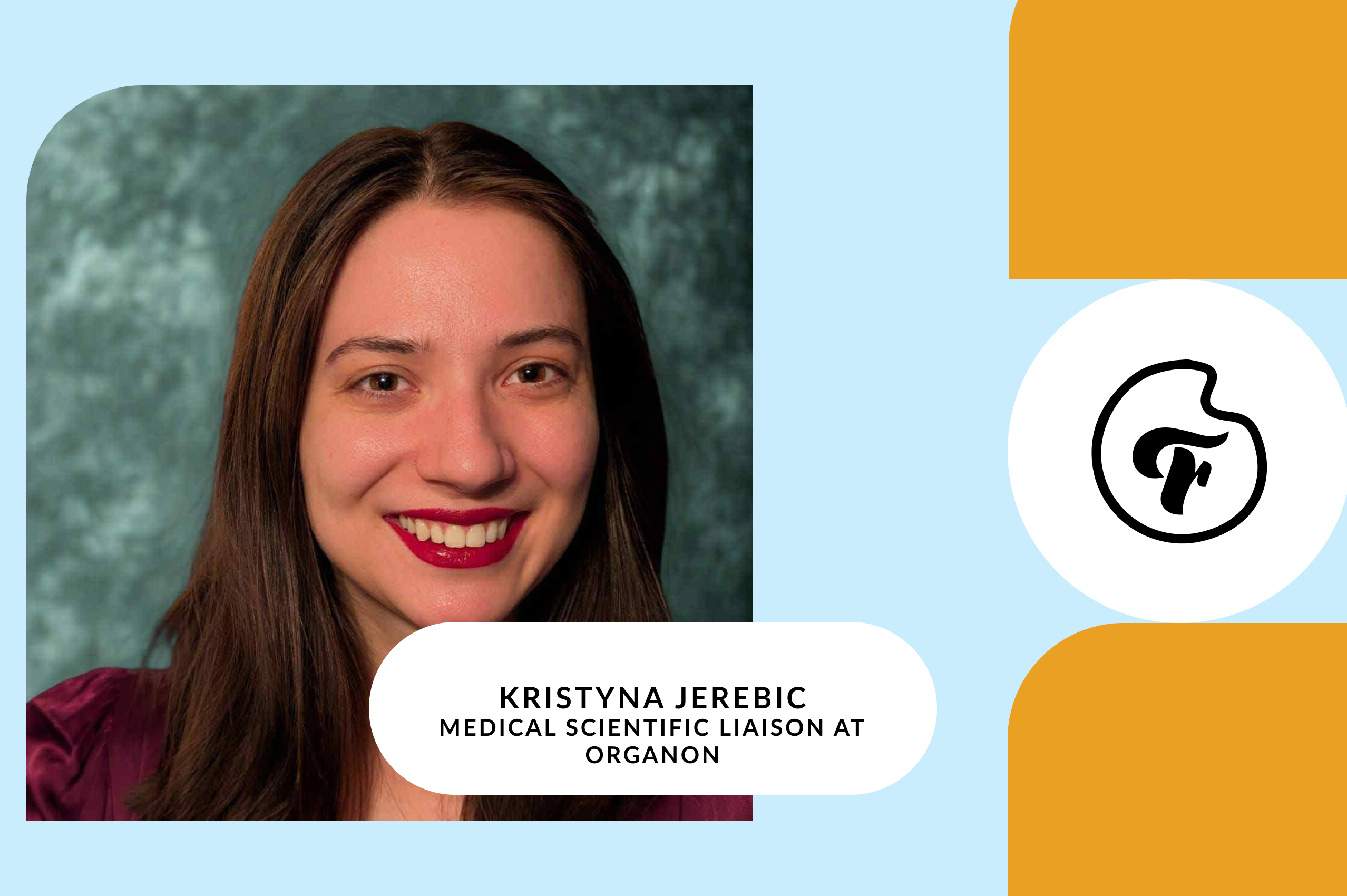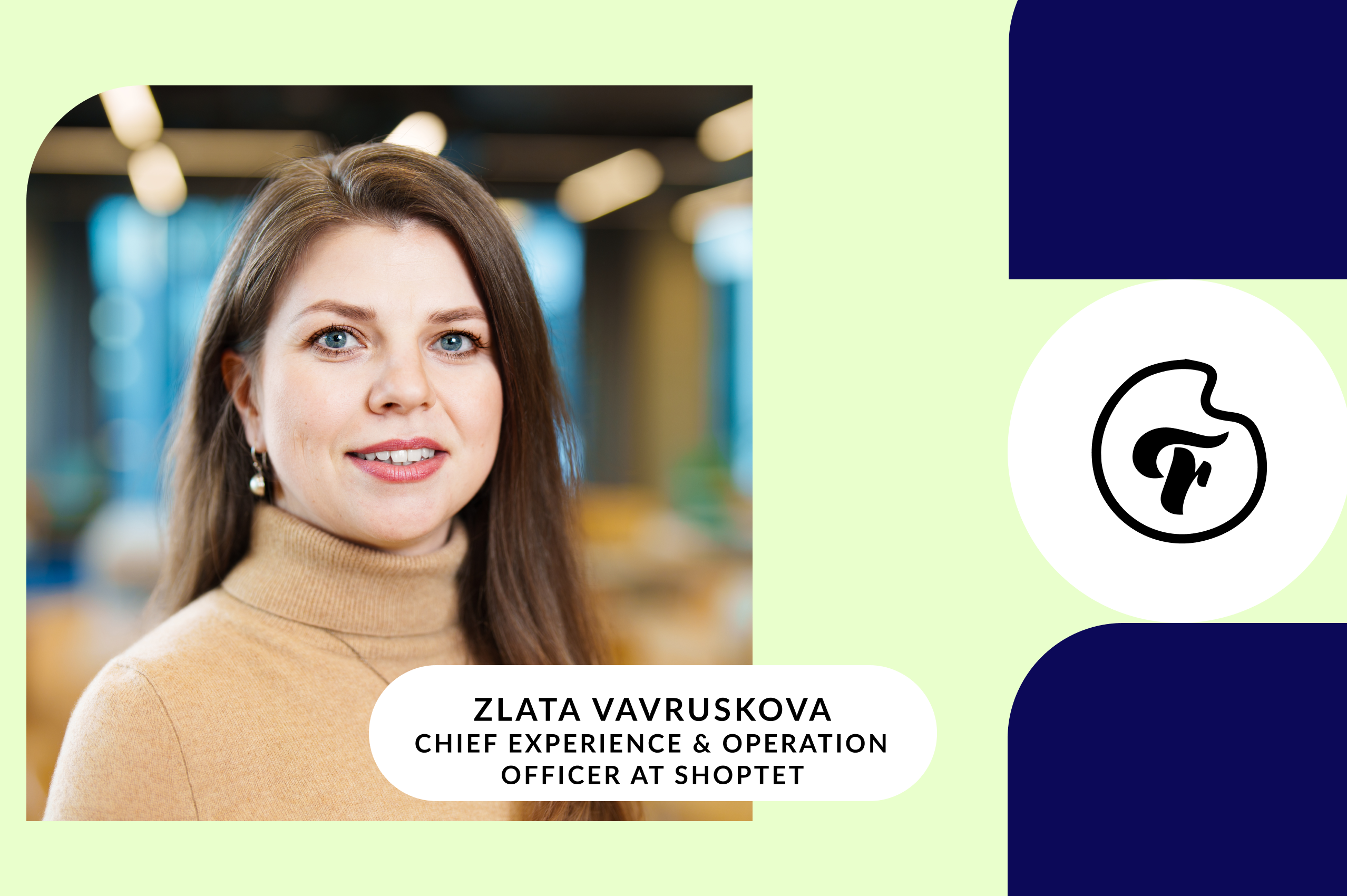.png)
Mentoring is one of the popular development tools out there, yet not everyone is ready to take on this adventure. Some think that they are too old (or too young), some think they are not stuck in their career enough to start a mentoring relationship, others believe that relationship is too one-sided. All of the above are common myths in mentoring and are very untrue. I have talked with three Femme Palette mentors to define these myths and see the accurate picture.
Do you think the mentoring relationship is only beneficial to a mentee? Jan van der Spoel, trainer, mentor, and founder of Grip on Trust, shared why it’s not. Jan said:
“This is very untrue. I learn from every conversation with every mentee. Of course, as a mentor, I give advice or suggest a next step, but very often, a mentoring session reminds me of a look into the mirror. Mentees can address issues and challenges that mentors have not thought about before. When I think of a problem and give suggestions or advice, I automatically advise myself.
For example, when a mentee struggles to approach some challenge, or it’s too massive, I suggest breaking it up into several smaller steps – what reminds me to do it myself. A mentor has a lot of lessons, experience, tips, and tricks in his toolbox (brain). Having to verbalize these resonates back to me as a mentor as well and inspires me to learn and share more.”
Many think that mentoring is about getting clear instructions on how to succeed in the career mentee desires. However, it’s more to it than you think. Jan added:
“Mentoring is about how to succeed in life, and it’s never a fixed solution but a combination of goals, intent, behavior, competence, and understanding of your personality and talents. All these aspects are constantly changing, so the road to success is very individual. Mentoring doesn’t have the same solution for all challenges mentees bring to the table – it’s all about a unique connection between a mentee and a mentor.”
Another common myth in mentoring is that only people struggling with their careers require a mentor. Helena Torres, Coach and Senior Global Partnerships Manager at Kiwi.com, explained what it's not only about being stuck at the job:
"Mentoring helps with career development; however, it also develops yourself as a person. The truth is everyone can be stuck in many different ways without noticing: stuck without moving forward, stuck in the same old way of doing things, stuck with our perceptions... Up to the extreme, we could say that everyone who is not learning and evolving is being stuck. Mentoring is for those who wish to grow, learn, adjust, and change constantly – no matter if only in professional or also in personal lives."
Do you think you're too old or too far away in your career to begin the mentoring relationship? Helena shared why it's not actually true:
"Age is a widespread myth. You're never too young or too old to learn something new and find yourself a mentor. Certainly, as we mature as professionals, our knowledge becomes wider. However, as Socrates would say – the more I know, the more I realize I know nothing. Understanding that everyone can teach you something is a sign not only of humility but also of wisdom."
Before every mentoring program mentee should set SMART goals defining the outcomes, a mentee would like to get out of this mentorship. However, what if not all goals are 100% completed when the program ends? Danial Hasan, Performance Development Coach at AT&T, explained:
"Mentoring is a long-term relationship, and sometimes it is perceived that you need to hit 100% completion of the goals in a short period which is not always the case. What's more important is starting to make a positive change toward the set goal, the deliberate practice and action, the self-discipline to follow through, and the visible progress along the way.
The mentoring relationship is dynamic, meaning there might be a need to adjust the plan and make necessary amendments. Focus with your mentor on discovering and working on the one thing or goal that, if started right and committed to gradual and steady progress, will make a massive difference in your professional life and, most times, in your personal one as well."
The last myth worth mentioning is the belief that it’s usually women who apply for mentoring and can then benefit from it. This myth is quite tricky as it involves gender bias from both female and male sides. Danial clarified why this belief is wrong:
“Mentoring is beneficial and necessary for everyone, regardless of gender. There is a false assumption that imposter syndrome impacts women more; thus, they need more support and affirmation in seeking their aspirations. Men also experience the same doubts and might not always feel comfortable admitting that fact. Men need mentoring as much as women do.”
If you read that far, it means you got through the six myths in mentoring and now understand that no matter the age or gender – mentoring is the right choice for everyone who is willing to develop themselves.
Are you ready to start your own mentoring relationship? Check out the Femme Palette Mentoring Program, pick an area you're interested in, and wait for a match with a mentor. And don't forget – it's never too late to stay open to new challenges!


